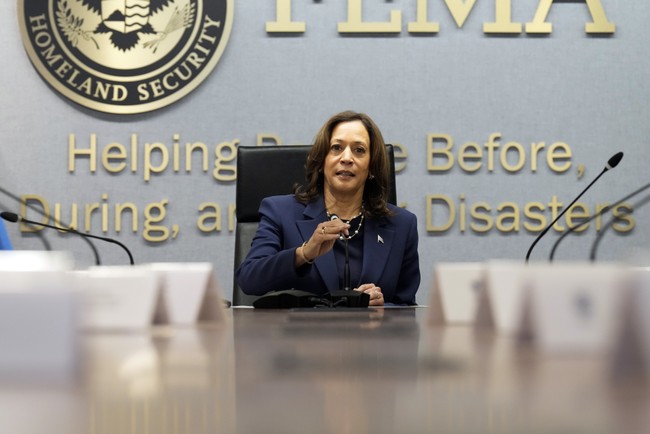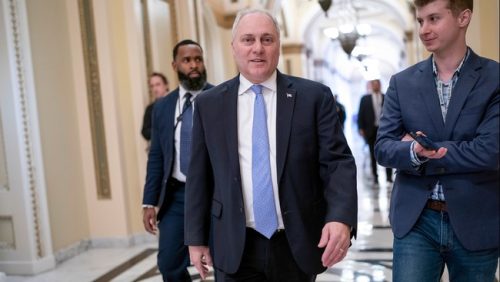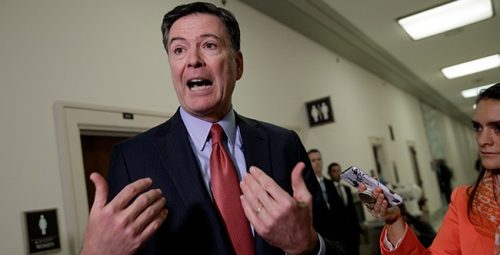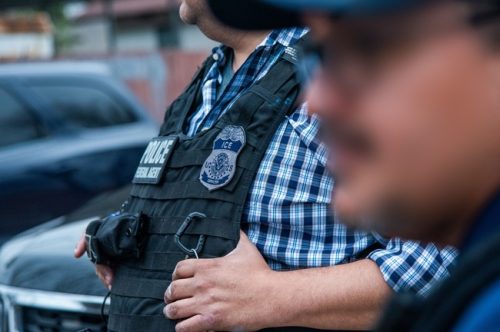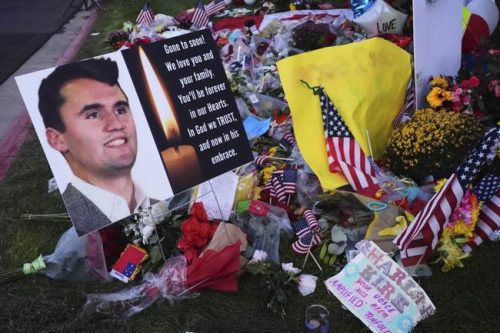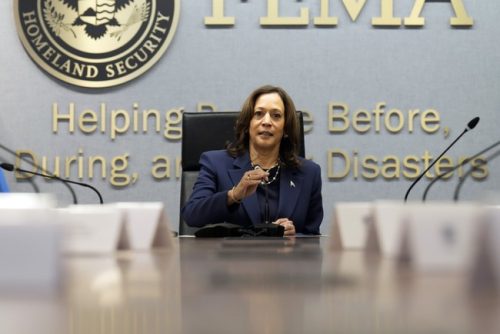DHS Report Finds FEMA Workers Collected Political Data on Disaster Victims
A new review from the Department of Homeland Security confirms what many feared after last year’s brutal hurricanes: FEMA employees were tracking political signs and messaging at storm-damaged homes. Reports first surfaced that crews were skipping properties that displayed pro-Trump materials, and those allegations have now been examined by DHS’s Privacy Office. The findings tie operational confusion to the improper collection of political information about disaster survivors.
Marn’i Washington, a FEMA official later fired for directing teams to bypass pro-Trump households, spoke publicly after her dismissal. “FEMA always preaches avoidance first and then de-escalation, so this is not isolated,” Washington said. “This is a colossal event of avoidance not just in the state of Florida, but you will find avoidance in the Carolinas.”
The agency also paused relief efforts in parts of North Carolina over concerns about an “armed militia” reportedly threatening workers, and the episode drew congressional scrutiny. Deanne Criswell, then FEMA director, was called to testify as state officials pursued legal remedies. “I am taking swift legal action to find out how far this political discrimination reaches and to make sure all Americans who fall victim to devastating storms are served, regardless of their political affiliation,” Moody wrote in a statement.
The DHS report goes further than a series of bad calls: investigators uncovered instances where FEMA staff recorded the political leanings of survivors and used ambiguous guidance to justify skipping outreach. That conduct raises serious privacy and civil liberty questions because the Privacy Act of 1974 generally bars collecting information about First Amendment-protected speech. The pattern DHS identified suggests the problem was baked into how field guidance was written and applied.
A year later, the Privacy Office of the Department of Homeland Security is releasing a review of that episode, the broader issue of using disaster relief work to collect political intelligence on voters, and the potentially withholding of benefits from some with the wrong beliefs. Perhaps unsurprisingly, the new administration found more than just one “isolated incident,” describing violations of the Privacy Act of 1974, which with a few exceptions bars collection of information about First Amendment-protected speech, like political signage. Most tellingly, though, DHS investigators found — in a near-exact parallel to trends in pro-censorship programs — that a lot of the political controversy surrounding FEMA aid grew out of the vague way in which the agency’s Disaster Survivor Assistance Field Operations Guide was written.
The Field Operations Guide instructed FEMA workers to “Remove yourself from the situation if you feel threatened” when dealing with “hostile” individuals, the only problem being, as the new report notes: “The Disaster Survivor Assistance Field Operations Guide does not define the term ‘hostile.’”
Exclusive: FEMA Workers Improperly Collected Data About Politics of Disaster Victims
Politicized distribution of hurricane aid money before the 2024 election was no "isolated incident," a Homeland Security follow-up report sadly concludeshttps://t.co/KfqEu59FEY pic.twitter.com/HieH9km2za
— Matt Taibbi (@mtaibbi) October 20, 2025
“The way the guide was written, FEMA employees had leeway to skip outreach to a house if its signs made them feel uncomfortable,” one Washington-based First Amendment lawyer put it last week. “So it’s basically the same concept of a harm or distress standard we’re seeing in Europe with speech issues, where the emotional response of the observer is what matters legally, as opposed to a concrete rule.”
The report traces discriminatory behavior back to at least 2021, citing examples where FEMA teams avoided homes because of political signage and flags. Those case notes include specific entries that describe properties as “Trump country” or mention slogans and posters to justify not making contact. The DHS review found these notes and concluded they were inconsistent with federal privacy protections and equal access to relief.
Some examples cited: October, 2021: “Homeowner had sign stated… this is Trump country.” September, 2021: “A lot of political flags, posters, etc. ‘Fuck Joe Biden,’ ‘MAGA 2024,’ ‘Joe Biden Sucks’ ‘Trump 2024’ We do not recommend anyone visiting this location.” November 2024: ‘There was a political flyer so I didn’t leave a FEMA brochure.” Neither Criswell nor Washington responded to requests for comment.
A Washington attorney warned that allowing disaster relief to be perceived as politicized will erode trust in government rescue efforts. “People hate the government enough as it is. If it’s known that disaster relief can be politicized and nobody fixes the problem, imagine how mad people will be one or two cycles from now.” That sentiment underscores why clarity in field guidance and strict privacy rules matter.
The political angle here matters because prominent voices have argued for allocating aid using equity criteria, which some interpret as factoring demographics into distribution decisions. In a C-SPAN town hall, Kamala Harris said, “It is our lowest income communities and our communities of color that are most impacted by these extreme conditions and are impacted by issues that are not of their own making. And so we have to address this in a way that is about giving resources based on equity. Understanding that we fight for equality, but we also need to fight for equity, understanding not everyone starts out at the same place. And if we want people to be in an equal place, sometimes we have to take into account those disparities.”
Regardless of intent, a federal agency that was caught discriminating against certain political viewpoints should not be harvesting political data from storm survivors. The DHS findings demand hard changes to field rules and oversight so that relief work stays focused on need, not political signals or vague emotional standards. Families hit by disasters deserve help, not political vetting.

